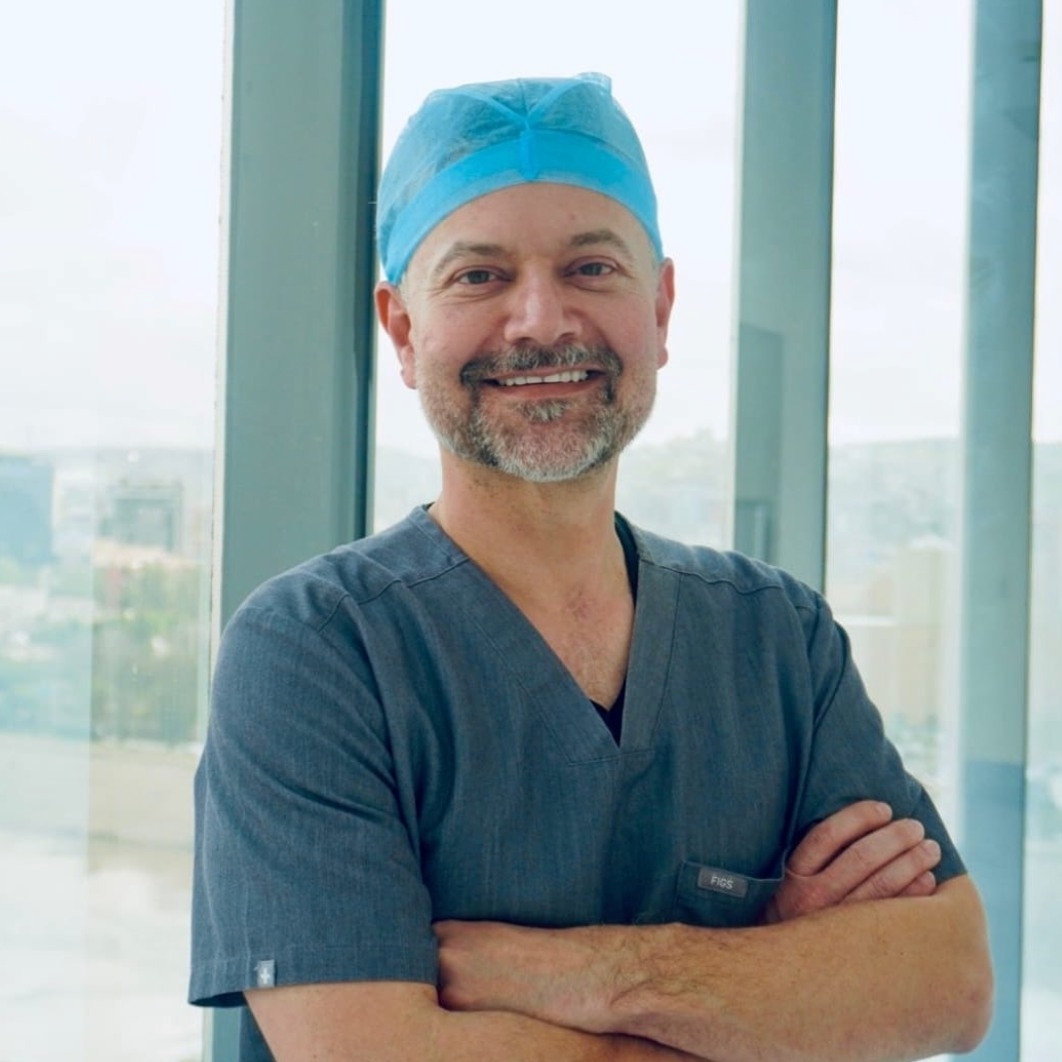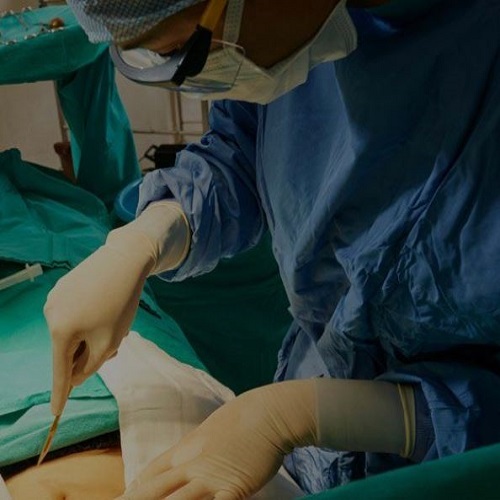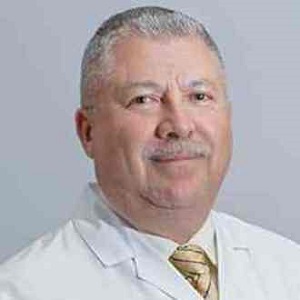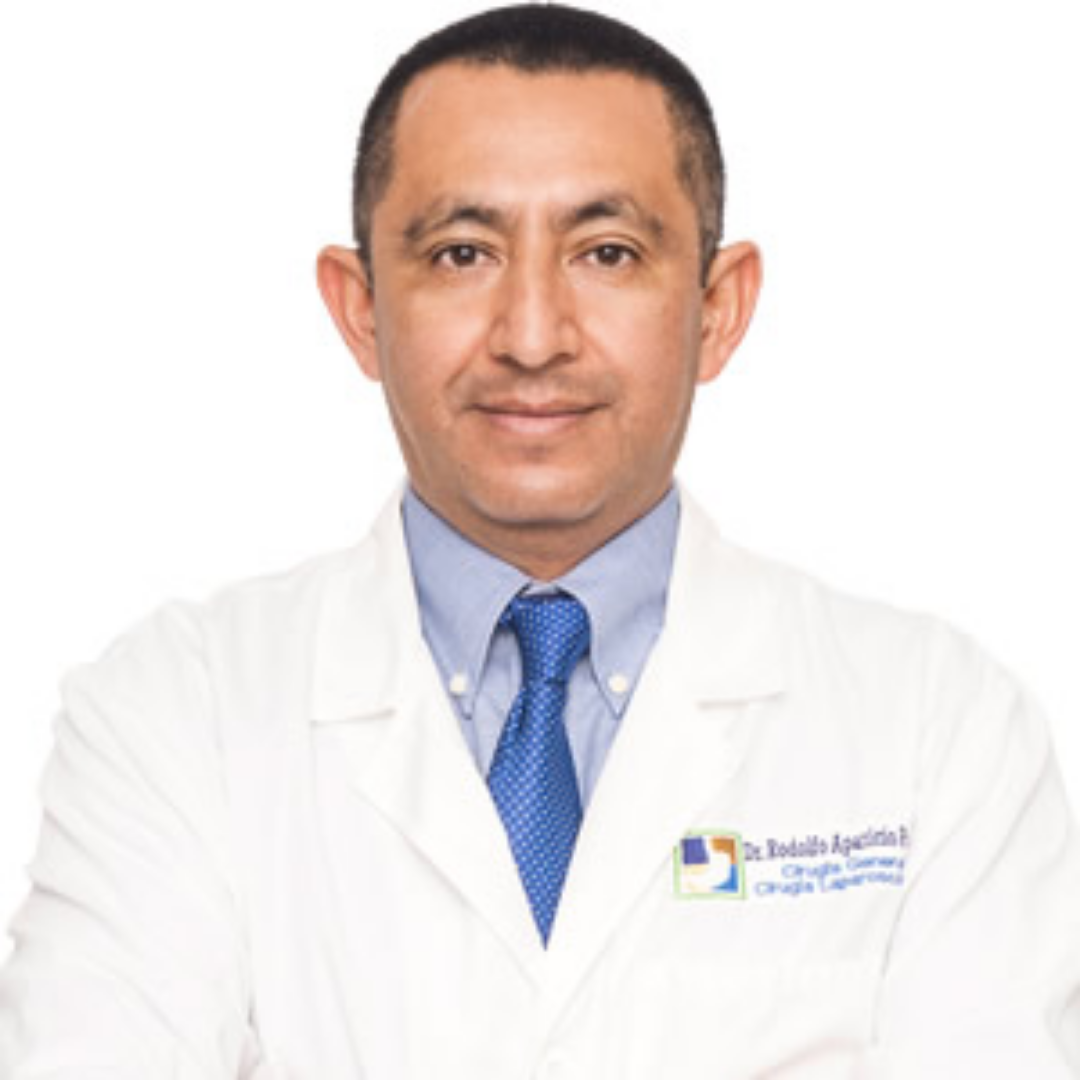Introduction
Undergoing any type of bariatric or obesity surgical procedure, and that goes for laparoscopic approaches as well, is a major decision for those seeking help in losing weight, maintaining that weight loss, and improving their overall quality of life. However, the actual surgery is only part of a long journey toward health and wellness. Nutrition and nutritional guidelines that best suit patients who have undergone a laparoscopic sleeve gastrectomy are offered by well-known bariatric surgeon Dr. Jorge Maytorena, a bariatric surgeon located in Baja California who specializes in diabetic obesity (diabesity) weight loss and surgery procedures.
Dr. Maytorena's Approach to Post-Surgical Success
Undergoing any surgical procedure for weight loss control including lap band, gastric bypass, or sleeve gastrectomy requires that patients understand the importance of changing their habits and lifestyles for success. Nutritional education, counseling and guidance are also extremely important for individuals who have undergone a sleeve gastrectomy or other type of bariatric procedure.
During a sleeve gastrectomy, a major portion of the stomach is removed, leaving only a thin, circular, banana shaped portion of the stomach. The reduced size of the stomach naturally inhibits the amount of food a person is able to eat, and will require those individuals to make wiser choices when it comes to food and nutrition. Doing so will help them not only maintain their weight loss, but to protect their bodies against and nutritional deficiencies and digestive discomfort after eating too much or the wrong type of foods.
Tips for Post Surgical Dieting
Dr. Jorge Maytorena suggests following a few tips that will help ensure the long-term success of not only gastric sleeve surgery, but also every patient's long-term goals. Among these steps include:
- Eat three meals a day (no snacking in-between meals)
- Cut food into small pieces
- Chew food until it has nearly liquefied - do this by chewing slowly and allowing digestive enzymes present in saliva to help break down food. This will help prevent stomachache, nausea or vomiting after meals
- Take your time - allow yourself at least 1/2 hour to eat every meal
- Read food labels and make sure sugar is not found among the first three ingredients on a food label.
- Reduce intake of high fat foods. Dr. Maytorena suggests three or less grams of fat per serving on food labels
Remember that any new lifestyle or diet change can take several months to become accustomed to. Individuals who overeat following a bariatric surgical procedure may experience nausea and vomiting. It may take up to nine months to become adjusted to the new size of the stomach and the amount of foods one can eat at a single sitting.
Dr. Maytorena suggests that individuals who have undergone any type of bariatric surgery procedure to try to drink at least 64 ounces of fluid a day, but this doesn't mean sodas, sugary drinks or alcohol beverages. As with eating, take small sips when drinking and avoid the urge to guzzle or gulp. For best results with a dieting program, select beverages that offer 10 calories or less for each serving.
Exercise
Dr. Maytorena encourages his patients strive to exercise for at least 30 minutes a day. Not only does exercise help his patients maintain weight loss, but offers untold other health benefits including lowering blood pressure, high cholesterol levels, and in some cases, even reversing a diabetic diagnosis. Dr. Maytorena's suggests a walking for the first four weeks following bariatric surgery or when attempting to initiate a new exercise routine. Walking is easy, free, and a great way to not only exercise the muscles, but increases lung capacity and endurance and refreshes and soothes the mind as well.
Conclusion
Weight loss surgical procedures are just the first step toward an approach to obesity that helps patients get a jumpstart on their future. Dr. Jorge Maytorena has dedicated his career toward helping individuals take that step. For more information about Dr. Jorge Maytorena, his obesity surgery center, qualifications and center details, visit PlacidWay.com.
Please Click here to request more information from DiabesitySurgery.



.png)


.png)



.png)


.png)







